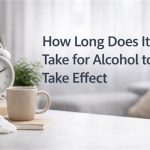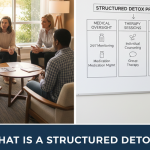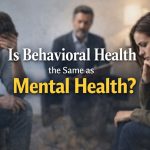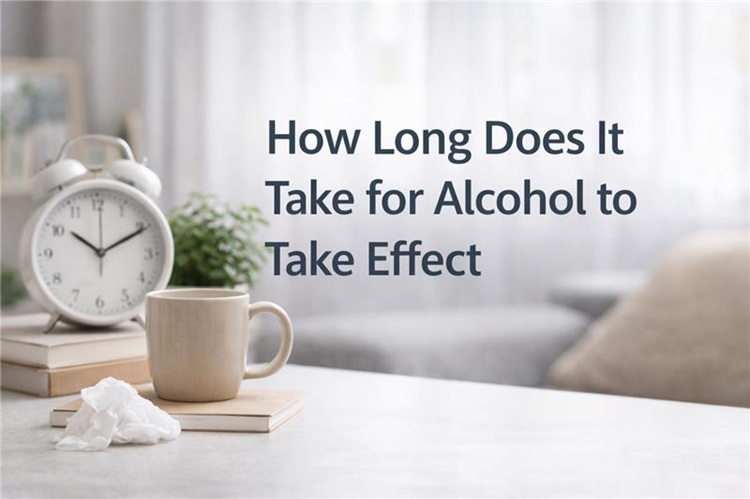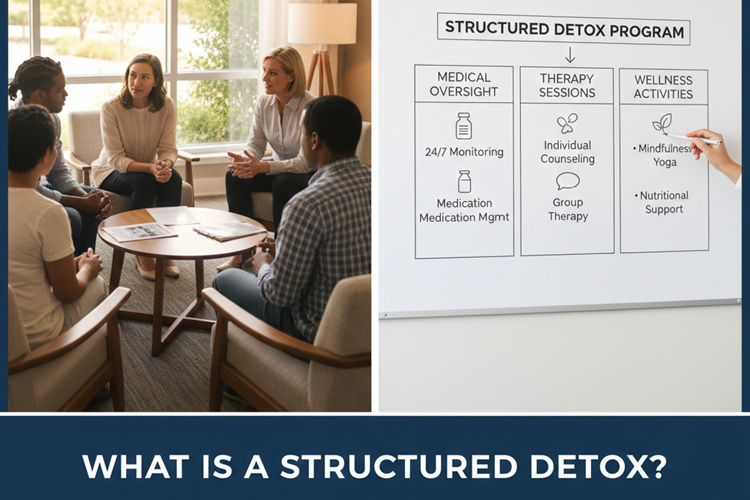People argue that trauma may not appear to be inextricably linked but for many. We can respond to traumatic situations in a variety of ways, and if the tactics we employ to handle them are successful, at least in the short term, they can become routine.
“Fawning”: What does it mean?
Fawning is a trauma-avoidance, people-pleasing response that can have a detrimental long-term effect on mental health.
The majority of us desire the happiness of our friends and family. However, if you find yourself always going above and beyond for other people or feeling bad about yourself when you don’t prioritize them, you may be going through a trauma response known as “fawning.”
There are four main approaches to dealing with trauma. These are commonly referred to as the four Fs: fight, flight, freeze, and fawn.
The reason behind people’s automatic reactions to a potentially harmful scenario is not always evident. Pre-trauma background and fundamental personality factors certainly play a part. The nature of the occurrence may also have an impact on the response.
The fight reaction might kick in if it looks like you can use force to defeat the threat. If using force to overcome something seems unlikely, your brain might tell your body to run. The most sensible course of action, when neither reaction is feasible, is to freeze to hide or divert attention, much like a scared possum will freeze to immobilize.
Awareness of Trauma and People-pleasing
Another choice is to fawn, which is the fourth. How does the fawn react? Here’s how one practitioner puts it. After engaging with a challenging person who probably has a toxic personality type, we unintentionally pick up the skill of fawning as a way to get ourselves out of sticky situations.
It is a trauma-rooted response where someone goes above and beyond to please someone, not because they are being kind or considerate. We become overly polite because we realize that’s the only way we can get through a difficult situation.
The fawn response may appear in childhood when a parent or another authority figure causes trauma, frequently through abuse. Trying to appease the abuser is a logical way to try to keep you safe.
It becomes a practice that is utilized not just to deal with abusive events as they occur but also to avoid future incidents. People who use the fawn response overlook their sentiments to keep others happy.
The fawn reaction, like other survival reflexes, serves an important purpose. However, if it becomes a habit, it can pose its own set of issues.
The following are examples of fawn response issues:
- You’re so used to downplaying your wants and feelings that you can’t even recognize them. As a result, you ignore them until they become extremely problematic.
- Others don’t find your needs because you don’t acknowledge them, and you struggle to feel understood.
- When you strive to be everything to everyone, you become emotionally and physically tired.
- Feelings of guilt for things over which you have no control or for which you have no responsibility in the lives of others.
- You become vulnerable to additional injuries. People-pleasing and trauma are two sides of the same coin. According to a Psychology Today article, people who use the fawn reaction may become targets of controlling, manipulative, or narcissistic people, which can lead to higher levels of aggression.
Which Type of Trauma Causes Fawning?
As previously said, fawning is frequently associated with complicated trauma and can emerge as a coping mechanism when a person feels powerless, intimidated, or endangered. The following are some examples of prevalent types of trauma that might result in the development of a fawning response:
Childhood maltreatment: Physical, emotional, or sexual abuse as a child can result in the development of fawning to placate the abuser and escape additional injury.
Intimate partner violence: Victims of intimate partner violence may adopt fawning responses to appease their abuser and avoid the risk of further assault.
Emotional abuse: Fawning can develop as a coping mechanism to get attention and affirmation from others if one grows up in a setting where emotional needs are routinely disregarded or dismissed.
Assault: Fawning is a survival mechanism employed by people who are bullied or endure continuous social rejection to blend in or avoid more bullying.
How to Break the Fawn Response Stage
Trauma and stress response-related mental health therapies are likely to be complicated. According to one specialist, the rehabilitation process would most likely include comprehending the pattern, grieving, and dealing with anger. You may also wish to address the trauma directly with EMDR or another trauma-focused therapy.

It is also critical to create a network of supportive relationships. These folks can make you feel comfortable and secure, as well as give you a sense of belonging. This is especially vital if you did not grow up in a supportive family.
You can also take some practical steps to assist in disrupting the fawn response loop. To begin, it is critical to obtain enough sleep, exercise, and consume a balanced diet. This will allow your body and mind to perform optimally. It’s also critical to find a way to unwind and de-stress. This could be yoga, meditation, or simply spending time outside in nature.
Finally, it is critical to recognize that you are not alone. Many people have had similar experiences, and aid is available. You deserve to live a life free from fear and worry. We are here to help you. We’d be happy to assist you on your journey at Deland Treatment Solutions. Call us at (386) 866-8689 today.






